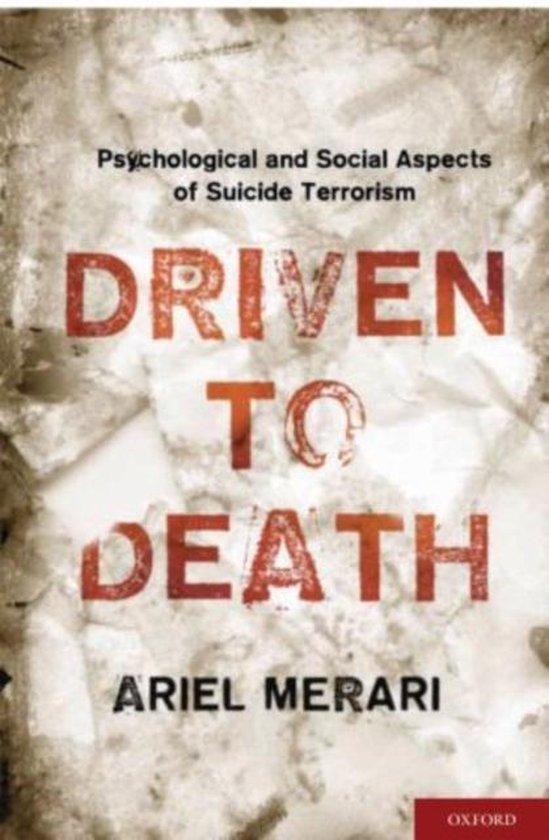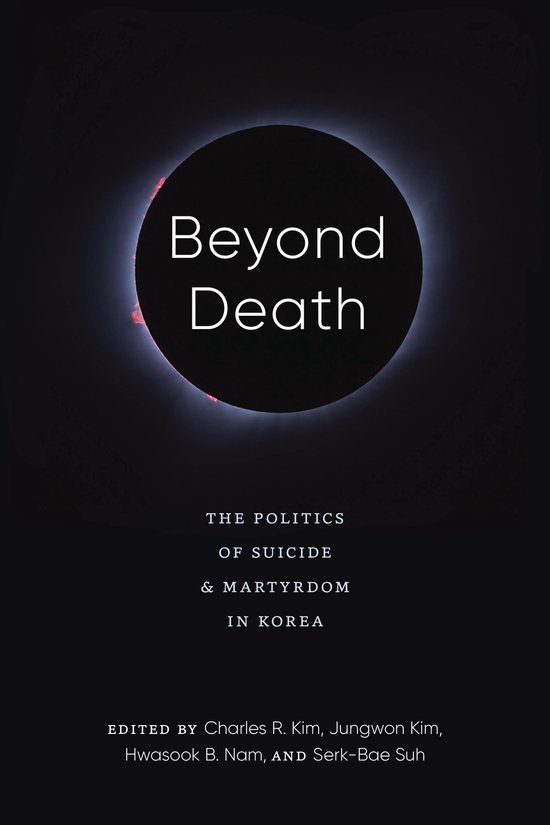
Driven to Death
What drives a person to kill himself for killing others, in the name of a political or religious cause? Driven to Death examines the characteristics of suicide terrorists in light of the most influential theories of suicide and offers a critical and innovative analysis of current explanations of suicide terrorism.
Suicide attacks are the definitive form of terrorism. More than any other terrorist tactic, they convey the ruthless willingness of present day terrorists to kill themselves for killing others. Since September 11, 2001 the number of suicide attacks around the world has risen dramatically, causing on average far more fatalities per attack than other forms of terrorism. What drives a person to kill himself for killing others, in the name of a political or religious cause? This book is the first to report a series of studies in which failed suicide bombers and organizers of suicide attacks were subjected to systematic clinical psychological interviews and tests and were compared to non-suicide terrorists. This direct psychological examination enabled a first-hand assessment of the personality characteristics and motivation of suicide bombers. Additional interviews conducted by seasoned area specialists provided a comprehensive picture of the ways by which the suicide bombers were recruited, prepared and dispatched to their planned death, as well as how they felt and behaved along this road. This information was supplemented by data derived from interviews with the families of suicide bombers who died carrying out their attacks. The psychological makeup of suicide terrorists is put into context in other chapters of the book, so as to provide an inclusive understanding of this phenomenon, which takes into account public atmosphere and the ways in which terrorist groups influence the suicide candidates. The book examines the characteristics of suicide terrorists in light of the most influential theories of suicide and offers a critical and innovative analysis of current explanations of suicide terrorism.
Suicide attacks are the definitive form of terrorism. More than any other terrorist tactic, they convey the ruthless willingness of present day terrorists to kill themselves for killing others. Since September 11, 2001 the number of suicide attacks around the world has risen dramatically, causing on average far more fatalities per attack than other forms of terrorism. What drives a person to kill himself for killing others, in the name of a political or religious cause? This book is the first to report a series of studies in which failed suicide bombers and organizers of suicide attacks were subjected to systematic clinical psychological interviews and tests and were compared to non-suicide terrorists. This direct psychological examination enabled a first-hand assessment of the personality characteristics and motivation of suicide bombers. Additional interviews conducted by seasoned area specialists provided a comprehensive picture of the ways by which the suicide bombers were recruited, prepared and dispatched to their planned death, as well as how they felt and behaved along this road. This information was supplemented by data derived from interviews with the families of suicide bombers who died carrying out their attacks. The psychological makeup of suicide terrorists is put into context in other chapters of the book, so as to provide an inclusive understanding of this phenomenon, which takes into account public atmosphere and the ways in which terrorist groups influence the suicide candidates. The book examines the characteristics of suicide terrorists in light of the most influential theories of suicide and offers a critical and innovative analysis of current explanations of suicide terrorism.
| Auteur | | Ariel Merari |
| Taal | | Engels |
| Type | | Hardcover |
| Categorie | | Persoonlijke ontwikkeling & Mindfulness |



